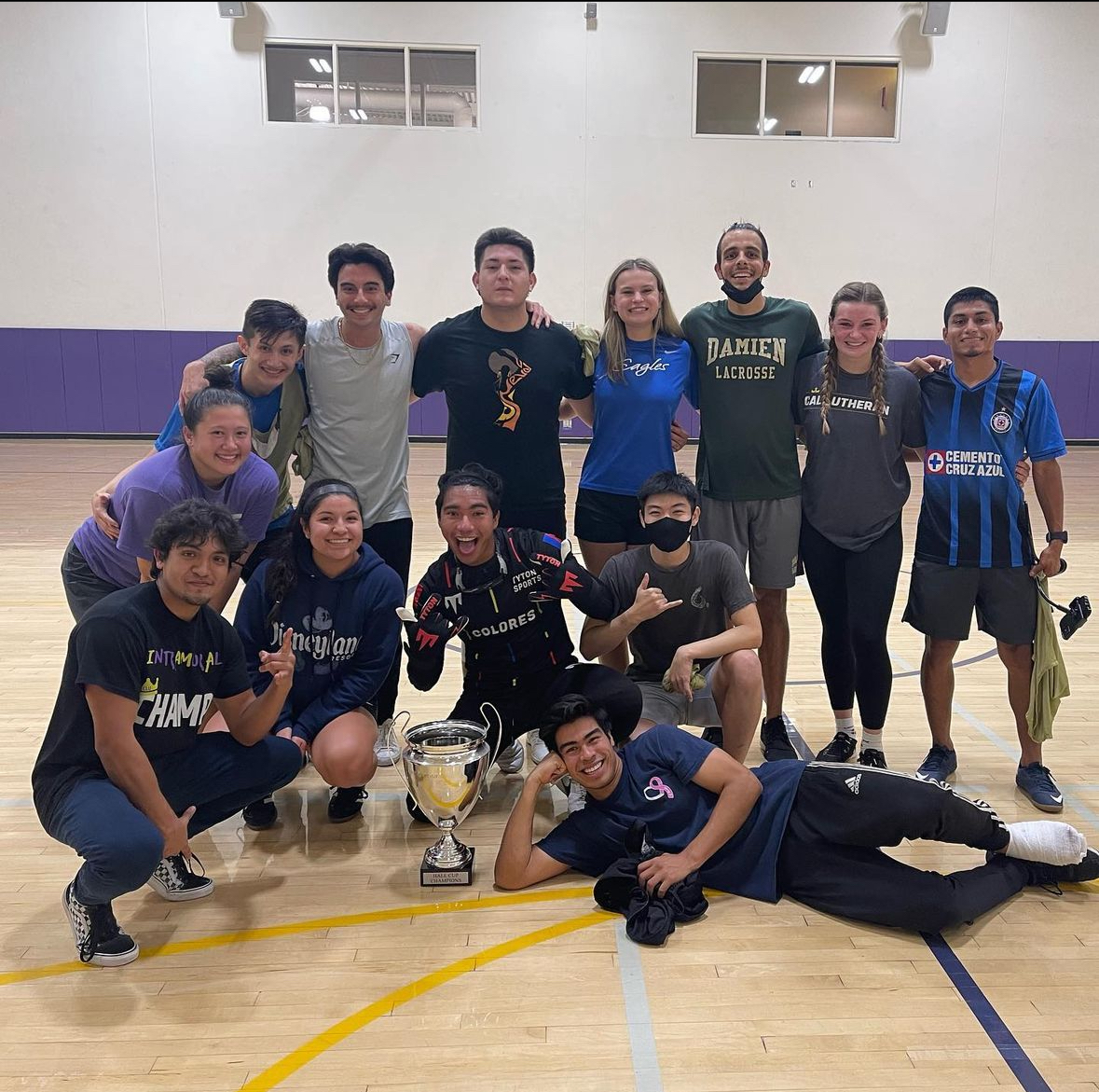Internship experiences are nearly becoming a deal breaker when it comes to finding employment after college. How are students supposed to meet the typical requirements of an “entry level” job, requiring 1 to 3 years of previous experience in the suggested field, when they have just graduated from being full-time students?
Time is not the only obstacle that can contribute to an internship being a difficult thing to manage. How are students supposed to support themselves when they are working for free and sometimes paying for their own transportation to an internship?
Internships are not entirely a hard thing to find—search internships online and countless pages will show up, or visit your school’s careers website and there are custom-made lists that cater toward what you want to do in the job field. The only difficulty is finding one that will pay you for your work.
The U.S. Department of Labor has criteria for unpaid internships to ensure that the students are not being taken advantage of when it comes to the work that they are performing. These criteria include ensuring that the intern and employer both “clearly understand that there is no expectation of compensation.” The internship must also accommodate the intern’s academic life and other commitments.
California Lutheran University junior Rachel Salvati has had two internship experiences, one was paid and the other unpaid. While she says that both provided invaluable experience in her desired field of communication, she recognizes her place of privilege being able to take an internship that she has to pay to get to every day.
“I fully acknowledge that my experience is unique, because not everyone can just take credits,” Salvati said.
As a full-time student, it is difficult enough to make money during school, to lessen the amount of student loans that they will graduate with. But then add in work experience which you are not only not paid for, but paying money yourself in order to get to, is just not a viable option for most people.
In order for a company to offer unpaid internships, they must meet the criteria set by the Department of Labor, this issue that has brought about several lawsuits in the past several years of students claiming that they were unfairly taken advantage of and that they did not hold up their end of the requirements to pay their interns.
“We think that there is a difference between an internship and a job, but there shouldn’t be. It is a job. Calling it an internship doesn’t make it different, it’s still a job, you’re still doing work,” Salvati said.
It is a common thought that internships are just busy work that don’t actually have to do with the profession, like being the “coffee person,” but the overwhelming majority of internships now include gaining real life, valuable experience.
The argument can be made that the experience is payment enough on the road to solidifying your career.
“I can see the benefit of experience combined with credit. I think it depends on the kind of work you are doing,” said senior Amanda Souza, who has had a full-time paid internship.
But can adding a monetary component be a motivator for the interns to work harder and feel more of a responsibility in the work that they are doing?
“I think there is a lot of legitimacy with being paid and it makes your responsibility even more real. It’s kind of made me work harder, knowing that the company was paying me for the time that I was there,” Souza said.
Cal Lutheran Career Services Counselor Shelby Bowman takes on the same sentiment, saying that students should absolutely be paid as it requires several hours a week of valuable work time.
“I believe internships that require advanced skill sets (i.e. SQL programming or knowledge of Spanish) should pay more. As far as the amount of time they are spending at their internship, it would be great if employers offered a raise or bonus for students staying multiple semesters,” Bowman said. “However, the biggest benefit of interning is to gain relevant work experience. If you are in it for the money, you may come out disappointed.”
According to Bowman, roughly 65 percent of internships that are posted on the Cal Lutheran Career Services website are paid internships, and she recommends to students that they should be applying to three internships per day for about three weeks.
Internships should be required to pay students to give them a feeling of real adult responsibility, offset cost of transportation and show that the work they are doing is valued.
Britta Olsen
Reporter







